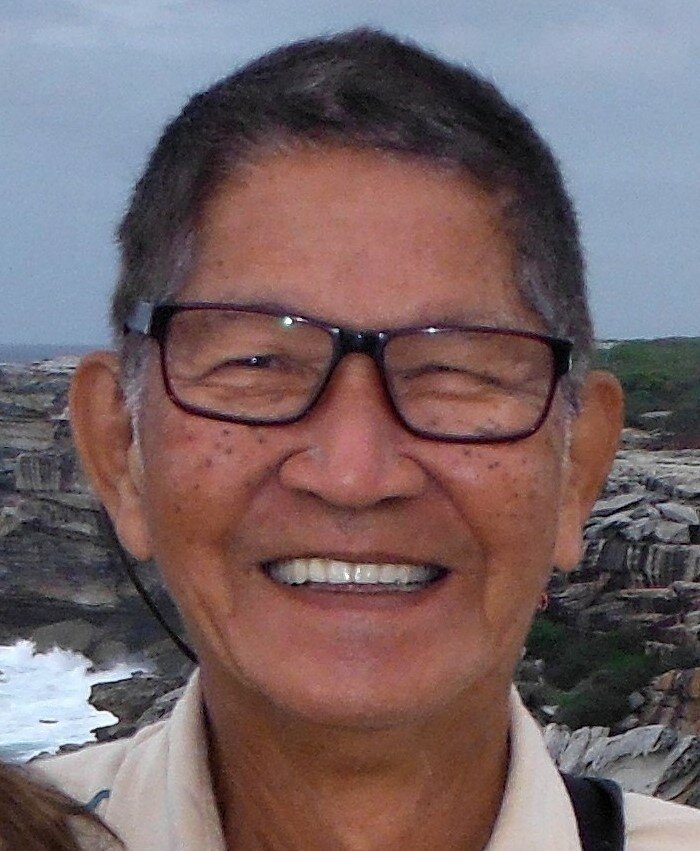An elder's fond memories of Philippine President Quezon
By Jaime Kelly Pimentel
Sydney-Australia
March 22, 2020

THE Pilipino Elderly Association of South East Region in Melbourne, Australia, threw a birthday celebration for one of their members: Erika Stahr, 90. a Jewish elder who was one of the hundred Jewish Manilaners who fled from Nazi, Germany, and found refuge in the Philippines in the wake of World War II.
“To me, I’ve always felt like a Filipina. I was more at home there than anywhere else,” she says as she fondly recalls her happy childhood, how she found love and built a career during her years in the Philippines.
TFC producers discovered Stahr through a media peer while on the promotion of 'Quezon’s Game’s ' Australian screenings.
The ABS-CBN Films production brings the story to the big screen of Philippine President Manuel L. Quezon’s bold act to bring as many Jews as he could into the country, away from certain death.
Quezon died in exile in the United States before he could return to the Philippines after the World War II.
In the film, Quezon showed great resolve against opposition of Allies Forces and his deteriorating health in a bid to save as many lives under Hitler’s regime.
“I was amazed," Stahr says.
"Because I was a small child during that time. I didn’t know that Quezon had such a battle to bring Jewish refugees (to the Philippines).
"I had no idea of that. Everything was nice to us and we were always welcome. I didn’t realize he had such a hard time bringing us there.”
Stahr's closest connection to Quezon was that she went to the same school as the late President’s daughter Maria Aurora 'Baby' Quezon.
At age 5, the Berlin-born Stahr was not aware of the great horrors behind their family’s decision to leave Europe. The only thing she wondered was why her father and sister did not join her, her mother, uncle, and grandparents, when they left for Italy.
Their next stop was China where her uncle and grandfather, both medical practitioners, would stay to pursue their professions.
Stahr, with her mother and grandmother, pushed further south to the Philippines where she would spend 13 years.
Orphaned at 9 years of age as her father perished in a death camp and her mother due to illness, Stahr credits her early years in the tropical country to her positive disposition: “I had a very good childhood even though we have an unhappy life.”
She would learn how to play the violin, speak German and French, as well as American shorthand and typewriting even when the Japanese took over the country.
A moment during the Japanese-American war stood out for the then eleven-year-old Erika. She and her grandmother joined several foreigners in hiding as their apartments burned down after the bombing of Manila.
In there, a lone Filipino was found by a Japanese soldier determined to shoot him right then and there. In a twist of fate, the soldier walked away, and the Filipino was spared.
Through the whole ordeal, as the other people screamed their objection, the man stood calmly and stared straight to the eyes of his supposed executioner.
“He is a hero all my life. We were all so frightened, but he stood there calmly. I never have forgotten him,” she shared.
In the passing of seasons, she would begin working in a Filipino establishment and later on in an American hospital as a typist.
She would get married to a Jewish man. And she would leave the place she had known to be ‘home’ to join her husband’s family in Australia.
She would also be reunited again with her sister who, as it turns out, was able to escape to England before the war broke out.
Stahr was able to build her career as an educator in Australia. She continued with attaining diploma, bachelor and master’s degree in teaching German and French.
Upon retirement, she was able to take her journey as a Jewish refugee full circle
when she began teaching English to non-English speaking migrants and refugees. All these were made possible by her inner strength and optimism, as well as her grandmother to brought her to learn new skills whilst in the Philippines.
It was a struggle to adjust to the culture after being in a different one for so long.
But now at 90, Stahr still has got her glow, especially that she had found “her people” in Australia – the Filipino migrants.
